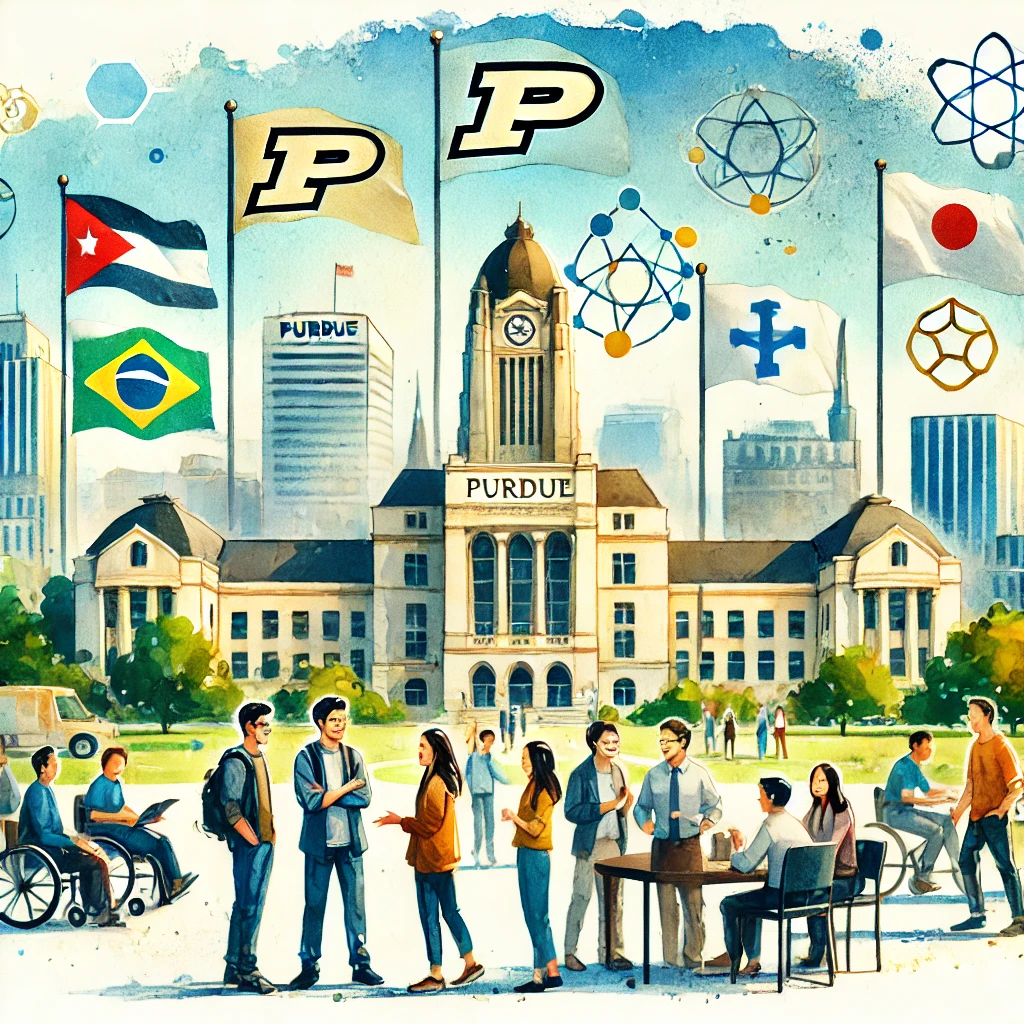Purdue University has taken a significant step in strengthening its international presence by establishing research agreements with three prestigious institutions: the University of Piraeus and the Technical University of Crete in Greece, and King’s College London. These strategic collaborations aim to enhance research and educational opportunities, particularly in high-impact technology fields such as semiconductors, microelectronics, artificial intelligence, and computer science.
Strengthening Ties with Greek Institutions
The partnerships with the University of Piraeus and the Technical University of Crete are designed to foster joint academic programs and research initiatives. These collaborations will support workforce development in critical technology sectors, ensuring that Purdue remains at the forefront of global innovation. Additionally, these partnerships are expected to attract top-tier talent and industry investments to Purdue’s West Lafayette campus.
Collaborative Research with King’s College London
Purdue’s agreement with King’s College London is focused on advancing research in semiconductors, microchip technology, and artificial intelligence hardware. This partnership aligns with Purdue’s “Purdue Computes” initiative, reinforcing the university’s commitment to technological advancements and fostering global research collaborations in computing and AI-driven technologies.
Purdue University’s Global Partnership Framework
Purdue University structures its international collaborations through three formalized agreements:
- Letter of Intent (LOI): Expresses interest in exploring potential areas of collaboration.
- Memorandum of Understanding (MOU): Establishes a formal commitment to sustainable partnership activities.
- Activity Agreement (AA): Specifies dedicated resources for joint academic and research projects.
The Purdue Office of Global Partnerships oversees these agreements, ensuring alignment with the university’s strategic objectives and fostering long-term, mutually beneficial collaborations with international institutions.
Purdue University’s Global Partnerships Initiative
As part of its broader commitment to global engagement, Purdue University actively cultivates relationships with academic institutions worldwide. Through its Global Partnerships initiative, Purdue fosters research collaboration, student exchange programs, and academic innovation across various disciplines. These partnerships solidify Purdue’s reputation as a leader in cutting-edge research and global education.
Conclusion
Purdue University’s recent agreements with international institutions underscore its dedication to expanding global academic collaborations and driving research excellence. By strengthening ties with leading universities in Greece and the UK, Purdue continues to position itself as a hub for groundbreaking advancements in semiconductors, AI, and emerging technologies. These strategic partnerships not only enhance Purdue’s global influence but also provide students and faculty with unparalleled opportunities for academic and professional growth.





